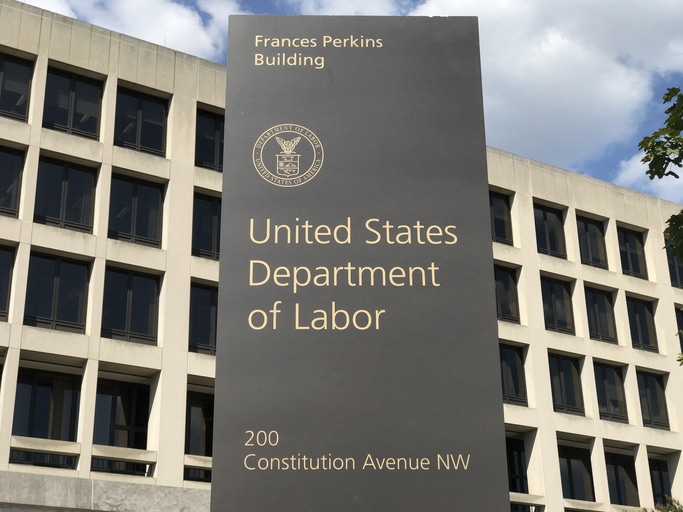As of February 1, 2022, the U.S. Department of Labor (“DoL”) will begin enforcing PTE 2020-02, a fiduciary advice prohibited transaction exemption that applies to IRA rollovers. Previously, the DoL had issued a temporary enforcement policy in Field Assistance Bulletin 2018-02 indicating that the DoL would not pursue enforcement claims related to prohibited transaction claims so long as an investment adviser could demonstrate that it was complying with the Impartial Conduct Standards “in good faith and with reasonable diligence.” The temporary enforcement policy ended on January 31, 2022.
Compliance with PTE 2020-02 allows investment advisers to provide advice regarding IRA rollovers without violating Title I of the Employee Retirement Income Security Act of 1974, as amended (ERISA), and the Internal Revenue Code of 1986 (“IRC”). Without the exemption, investment advisers are prohibited from receiving payments that create a conflict of interest when providing fiduciary investment advice to plan sponsors, plan participants, and IRA owners.
To be eligible for PTE 2020-02, investment advisers providing fiduciary advice regarding IRA rollovers must:
- Acknowledge their fiduciary status in writing,
- Disclose their services and material conflicts of interest,
- Adhere to Impartial Conduct Standards requiring that they
- Investigate and evaluate investments, provide advice, and exercise sound judgment in the same way that knowledgeable and impartial professionals would (i.e., their recommendations must be “prudent”),
- Act with undivided loyalty to retirement investors when making recommendations (in other words, they must never place their own interests ahead of the interests of the retirement investor, or subordinate the retirement investor’s interests to their own),
- Charge no more than reasonable compensation and comply with federal securities laws regarding “best execution,” and
- Avoid making misleading statements about investment transactions and other relevant matters,
- Adopt policies and procedures prudently designed to ensure compliance with the Impartial Conduct Standards and to mitigate conflicts of interest that could otherwise cause violations of those standards;
- Document and disclose the specific reasons that any rollover recommendations are in the retirement investor’s best interest; and
- Conduct an annual retrospective compliance review.
RIA Compliance Consultants strongly encourages investment adviser firms to closely review the DoL’s guidance regarding IRA rollovers and PTE 2020-02 to ensure the investment adviser’s policies, procedures, and actual practices are in compliance with the exemption, if applicable. In addition, an investment adviser firm should consult with an ERISA legal counsel regarding an investment adviser firm’s obligations under PTE 2020-02.
Resources and Sample Forms Related to PTE 2020-02
RIA Compliance Consultants has developed and updated several resources for registered investment adviser firms to use when developing policies and procedures regarding IRA rollovers:
- Form ADV – Sample Language – Rollover Recommendation
- WSP/CoE Section Update – IRA Rollover Recommendations
- Suitability – Retirement Plan Rollover – Client Acknowledgement
- Conflicts of Interest – Checklist
- Webinar – IRA Rollovers Under U.S. Department of Labor’s PTE 2020-02
Related Posts
New Recorded Webinar: IRA Rollovers Under U.S. Department of Labor’s PTE 2020-02 – November 04, 2021
DOL Clarifies Fiduciary Advice Exemption for IRA Rollovers – May 09, 2021
OMB Approves Request for DoL Fiduciary Rule Delay – August 31, 2017
DoL Proposes Fiduciary Rule Delay – August 11, 2017
Department of Labor Fiduciary Rule – August FAQs – August 09, 2017
General Disclosure
The information contained in this blog post is general in nature intended for educational purposes only and is not intended to be a comprehensive analysis of this topic. It is not intended to constitute compliance consulting advice or apply to any particular investment adviser firm’s specific situation. Please consult the applicable securities regulator’s rules and published guidance for more details about the topics referenced above. For more information about the limitations of this blog post and information on our website, please see our Disclosures webpage.
Posted by Bryan Hill
Labels: Conflict of Interest, DOL, ERISA, IRA Rollover, Pensions
